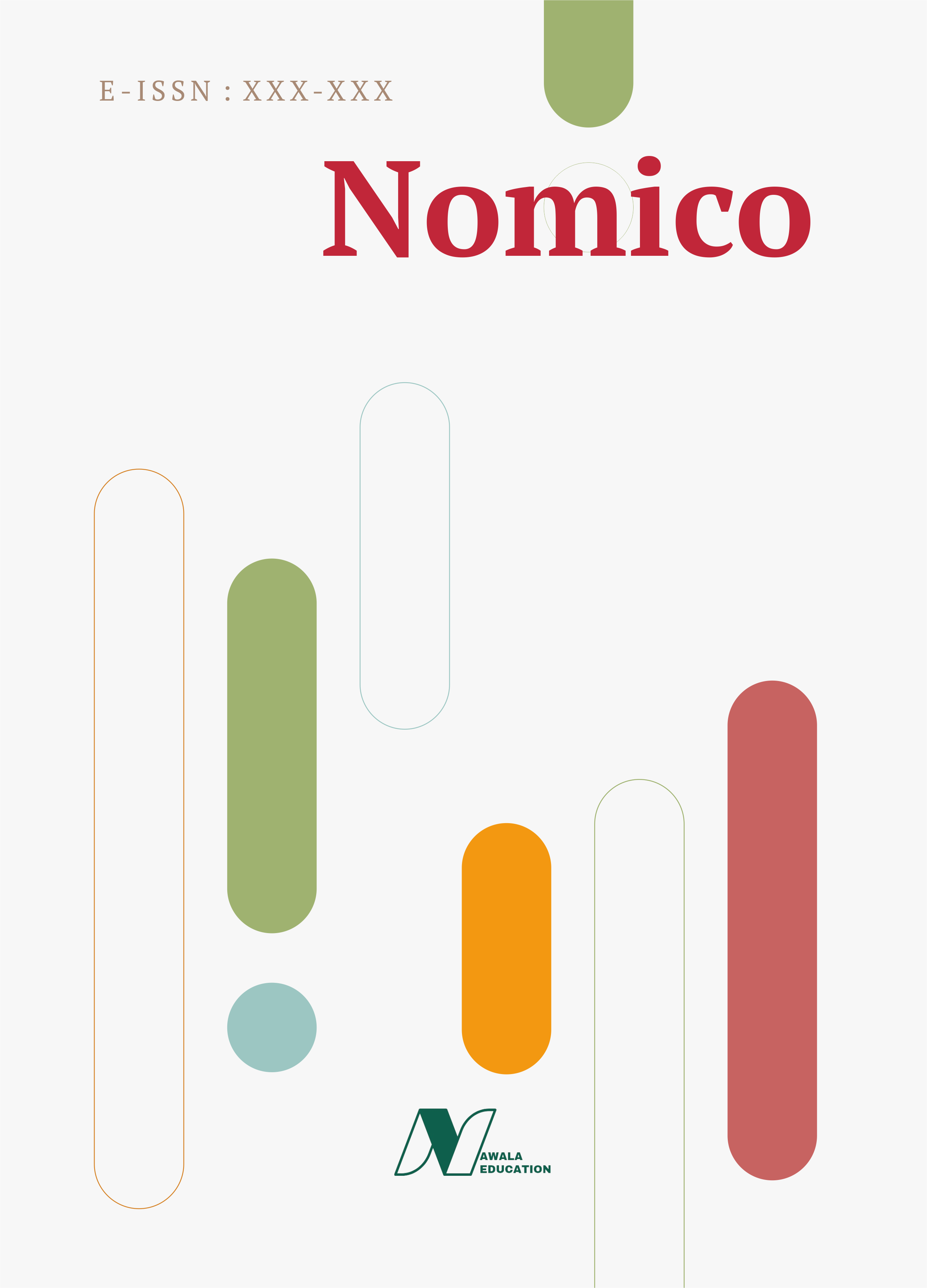The Effect of Purchasing Accounting System on Transaction Efficiency and Supplier Satisfaction
DOI:
https://doi.org/10.62872/kfrga208Keywords:
Purchasing Accounting System, suppliers, transactionsAbstract
This article discusses the importance of the Purchasing Accounting System in supporting business continuity, especially in the procurement of goods needed by the company. This system serves as a vital element in the company's operational cycle, which focuses on recording, managing, and tracking transactions for the purchase of goods or services. This research uses the literature study method, by collecting data from various relevant sources. The results of the analysis show that the Purchasing Accounting System consists of a series of integrated procedures, methods, and tools to ensure that every purchase transaction is recorded accurately and managed efficiently. The main components in this system include processes ranging from submission of purchase requests, evaluation and selection of suppliers, to payment of supplier invoices. With a well-structured system in place, companies can minimise errors, ensure compliance with internal policies, and manage cash flow more effectively. The system also supports transparency in supplier relationships, and improves efficiency and accuracy in the purchasing process. In short, the Purchasing Accounting System plays a crucial role in efficiently managing the purchasing aspect, which in turn supports the continuity and success of the company's operations.
Downloads
References
Aliminsyah and Padji. 2003. Dictionary of Accounting Terms. Bandung: Yrama Widya.
Assauri, Sofjan. 2008. Production and Operations Management. Jakarta: University of Indonesia.
Brown. 2001. Understanding Purchasing. Jakarta: Elekmedia Komputindo.
Davis, A. C. (2020). Optimizing Business Performance through Accounting Systems. McGraw-Hill.
Galloway, L., et al. 2000. Operations Management in Context. Great Britain: Butterworth- Heinemann.
Indrajit, R.E and Djokopranoto, R. 2003. Supply Chain Management Concept, A New Way of Looking at the Goods Supply Chain. Jakarta: Grassindo.
Mulyadi. 2016. Accounting Information Systems. Jakarta: Salemba Empat.
Suarsana, Nyoman. 2007. Procurement Cycle: Applications in Hotels and Restaurants. Yogyakarta: Graha Ilmu.
Supriyono. 1999. Cost Accounting. Yogyakarta: BPFE.
Smith, J. A., & Brown, R. L. (2023). The effect of purchasing accounting system on transaction efficiency and supplier satisfaction. Accounting Press.
Smith, John A., and Robert L. Brown. The Effect of Purchasing Accounting System on Transaction Efficiency and Supplier Satisfaction. Accounting Press, 2023.
Downloads
Published
Issue
Section
License
Copyright (c) 2024 Raihan Jazil Hadi, Amri Yadi, Yusri Hazmi (Author)

This work is licensed under a Creative Commons Attribution-ShareAlike 4.0 International License.

This work is licensed under a Creative Commons Attribution-ShareAlike 4.0 International License.











